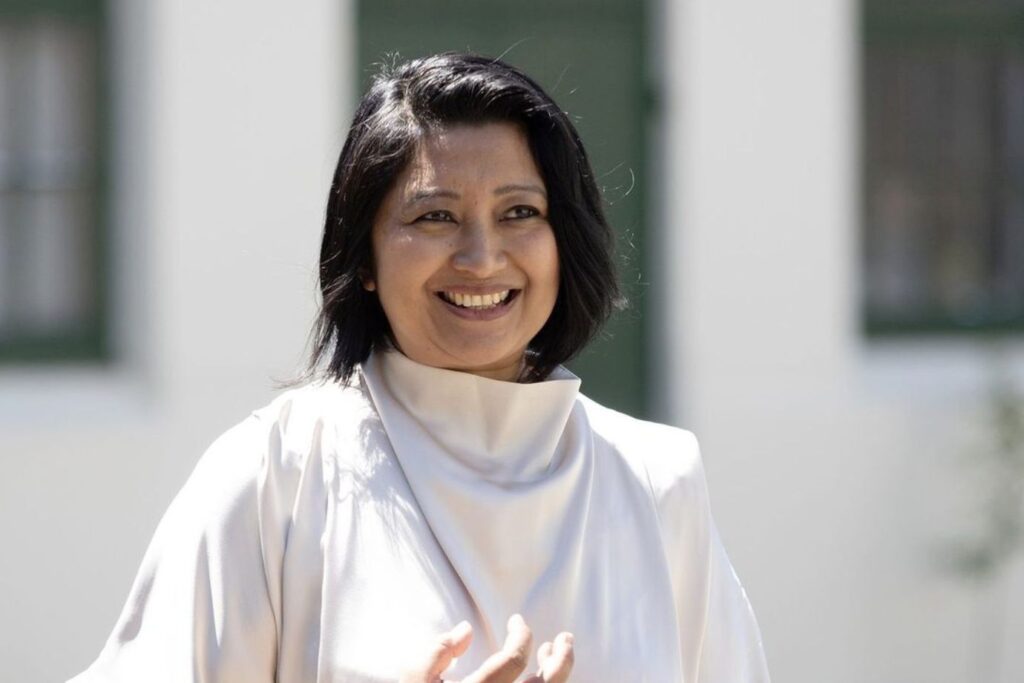Carers form an integral part of the lives of people with disabilities. About three million Australians – nearly 12 per cent of the population – are carers, and it’s more often than not women who perform unpaid caring duties.
Dalanglin Dkhar is a PhD student at Charles Sturt University School of Social Work and Arts. She’s also the full-time carer for her young son, who has disabilities and suffers from PTSD.
Today—International Day of Persons with Disabilities— is close to her heart, for many reasons. Not only is her PhD project inspired by her experience as a full-time carer for her son, but she also recently released a documentary exploring the challenges faced by carers in Australia.
The documentary, Unconditional, follows the stories of four carers in Australia, providing viewers an insight into what it’s like caring for persons with disabilities. It officially launched in March this year and was screened publicly for the first time in August.
Since then, three federal government departments have viewed Unconditional, as well as several organisations and carer advocacy bodies across the ACT, NSW, Tasmania, Victoria, Queensland and WA.
Unconditional has also been recognised at film festivals, including the Official Section and Screening at 2024 Indian Film Festival Melbourne at Hoyts Melbourne Central, and the Official Section with Honorary Mention at 2024 International Social Change Film Festival US.
For Dkhar, however, her greatest source of pride comes from the response she has received from the carers and everyday Australians who have watched the film.
“These achievements, while grand, do not compare to the sense of pride I feel when reading the results of the post-viewing survey conducted as part of my research, from both carers and non-carers,” she said.
Impact on the disability sector
The film is set to have tangible impacts on the disability sector, including the creation of a Carer Recognition Card. Prior to the ACT election, both major parties committed to the concept of carers carrying a Carer Recognition Card, and following the Labor party’s win in October, it’s getting closer to being realised.
“As it stands, we carers do not have anything tangible to identify ourselves with and that can add to the feeling of having a role that is invisible and powerless in our dealings with the many levels of health, education, front line services and support systems we interact and work with every day,” Dkhar said.
“The Labor party won the recent election and has already started working with my industry partner to cost the card and have the government administer it through Access Canberra.
“This will hopefully see 58,000 Canberra carers receiving a recognition card and is such a hopeful sign to see the government listening and acting. There will be more to come in this space.”
Dkhar, in partnership with Carers ACT, is also hoping to see her film used as part of the Learning Management System through an ACT-wide Carer Awareness Training Module for the 27,000 ACT government employees.
As Dkhar continues to work on her exegesis for her PhD studies, she found making the film allowed her “space and the luxury amid my daily caring duties to pause and reflect on the process so far”.
“In the long-term, my goals centre around increasing visibility, recognition and knowledge around the roles of carers in society and how they may need support, increasing flexibility for carers in the workplace and continuing to influence policy and public debate so the overall welfare of communities where families with disabilities live are improved,” Dkhar said.


